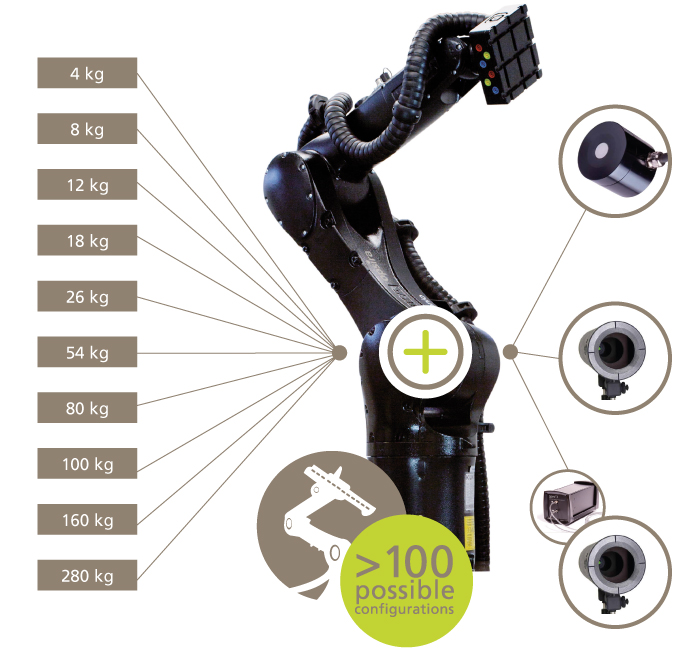Alpha
The Alpha line is equipped with the frc‘3 photometer for luminous intensity measurements. Measurements of the luminous intensity distribution are conducted step by step with the desired measurement resolution. A typical measurement takes approximately 100 minutes.
Detector: Standard photometer frc-f



